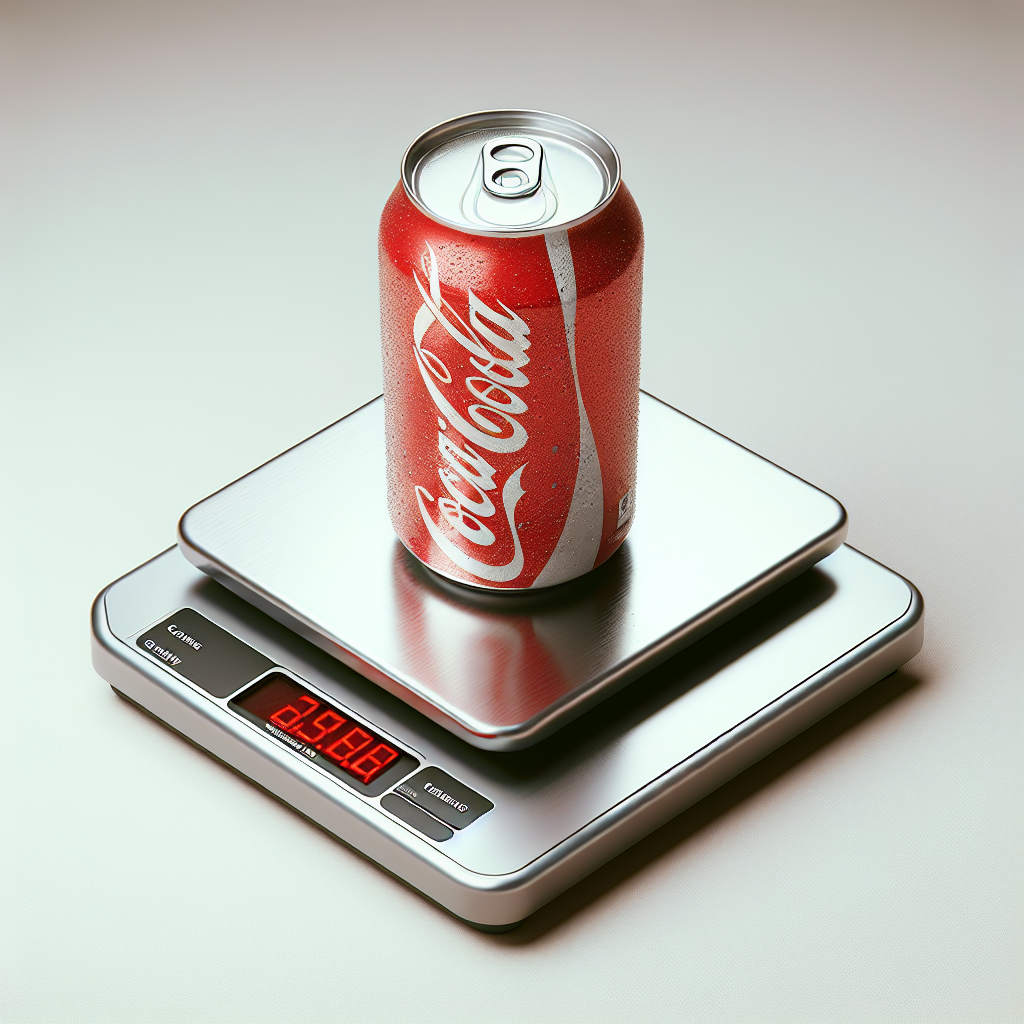Weight loss drugs and non-alcoholic options are making consumers delay soda purchases in the U.S.
The weight loss drug Zepbound from Eli Lilly has been found to help reduce heart failure risks. Despite this, Coca-Cola reported strong second-quarter earnings on Tuesday, driven by high global demand for its beverages, leading the company to raise its full-year forecast.
“We are encouraged with our second-quarter results, which delivered solid topline and operating income growth in an ever-changing landscape,” said James Quincey, CEO of Coca-Cola, in a statement.
In North America, however, volume sales fell by 1% during the quarter. Quincey explained to investors during the company’s earnings call that this decline was due to “softness in away-from-home channels,” which include its water, sports, coffee, tea, and soda products.
The decline was partly offset by the performance of its Fairlife milk and its flagship product, Coke, which ranked first and second in retail sales growth during the quarter.
To counter the decline, Quincey noted that Coca-Cola is collaborating with food chains to include its soda in combo meals. Notably, the company is working with McDonald’s to enhance the fast food chain’s $5 meal deal, which includes a soft drink.
Overall, Coca-Cola exceeded Wall Street’s expectations. In the second quarter, it reported $12.4 billion in revenue, or $0.84 per share. Analysts had predicted the company would generate $11.76 billion in revenue, or $0.81 per share, according to FactSet.
Coca-Cola now expects organic revenue growth between 9% and 10%, raising its previous forecast of 8% to 9%.
Similarly, Pepsi is having difficulty attracting U.S. consumers, who are increasingly choosing products that emphasize weight loss and healthier habits. According to a Gallup poll, young adults in the U.S. are drinking significantly less alcohol than before. In early July, Pepsi attributed a series of recalls to its lackluster second-quarter performance.
